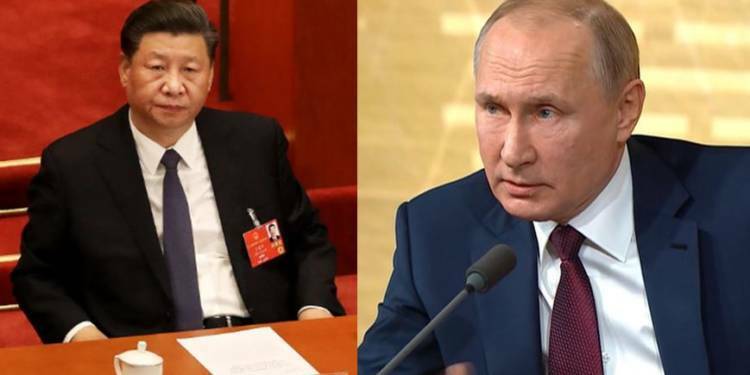The Russo-Japanese Kuril Islands dispute has flared up yet again. As reported by media outlets across the world, Russia has deployed its S-300 air defence system on the disputed Kuril Islands. Japan’s government has unsurprisingly lodged a protest against the latest Russian deployment.
The Kuril Islands dispute, a legacy of the Second World War has marred relations between Japan and Russia (or the erstwhile USSR) for several decades. So, the Russian deployment is expected to be read in light of Russo-Japanese tensions. However, the Russian state-owned media house, Russia Today has actually sought to send across a loud and clear message to Beijing, even as the world focuses its energies upon the Kuril Islands.
While reporting about the deployment of S-300 air defence system on the remote Kuril Islands, Russia Today did not take any jibes at the Japanese government. The Russian state-run media house did talk about the United States though.
It stated that the latest deployment comes only a week after the Russian Navy “threatened to ram the USS ‘John McCain’, a US destroyer, which it says was detected two kilometres inside Russian waters off the coast of the Far Eastern capital Vladivostok.”
It is interesting that while the S-300 has been deployed on the disputed Kuril Islands, the Russian state-owned media mentioned the name of Vladivostok, the Russian Far East Capital.
To put things in context, one must understand that Moscow is insecure about China’s attempts to grow its influence in Russia’s scarcely populated and resource-rich Far East region. Vladivostok is itself a matter of Sino-Russian tensions, as Chinese wolf-warriors have in the recent past staked claim upon the Russian Far East Capital.
Hu Xijin, Editor-in-Chief of the Chinese Foreign Ministry tabloid, Global Times even chose to call Vladivostok by the Chinese pseudonym- Haishenwei. Russia itself responded to Beijing’s illegitimate ambitions in the Russian Far East by stepping up its military presence in the region.
Russian President Vladimir Putin must have also understood that Xi Jinping’s growing interest in the Russian Far East is actually a part of China’s ambitions to become a “near-Arctic state”.
So, from a Russian perspective, China needs to be kept at bay in both the Russian Far East and the Arctic region. At the same time, the Putin administration won’t come out launching verbal attacks at China. The fact remains that Moscow cannot afford to formally snub China when the entire free world barring India has isolated Russia.
Anyhow, diplomatic compulsions will not stop Putin in protecting his country from the paper dragon. Recently, Russia had even test-fired a hypersonic missile in the Arctic, in a bid to scare Beijing away from the polar region.
In light of the diplomatic compulsions that the Kremlin faces, Russia Today decided to explicitly target Washington – the historic adversary of Moscow. However, the implied message was directed at Beijing- stay away from the Russian Far East and don’t even think of staking claim over Vladivostok.
